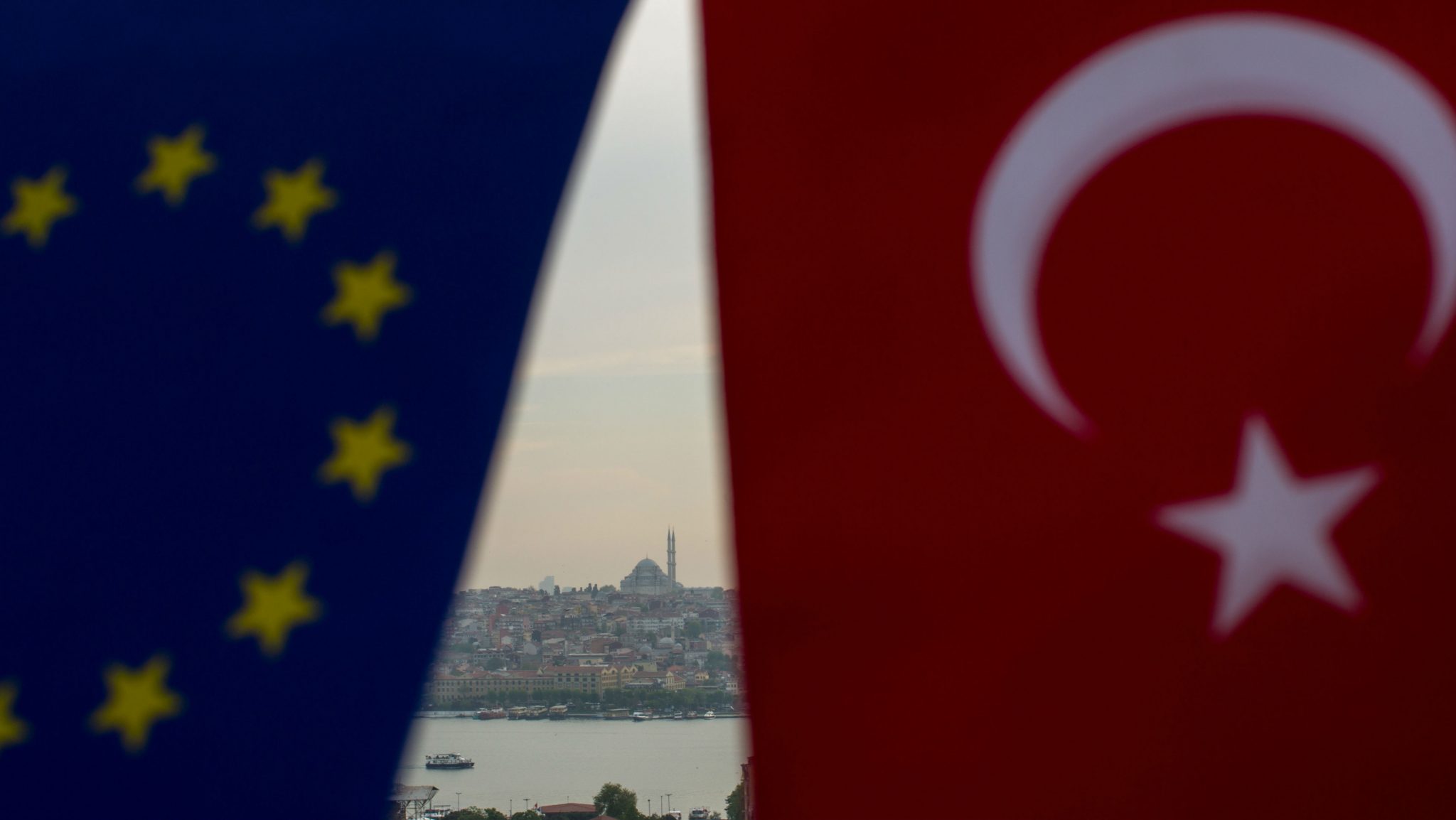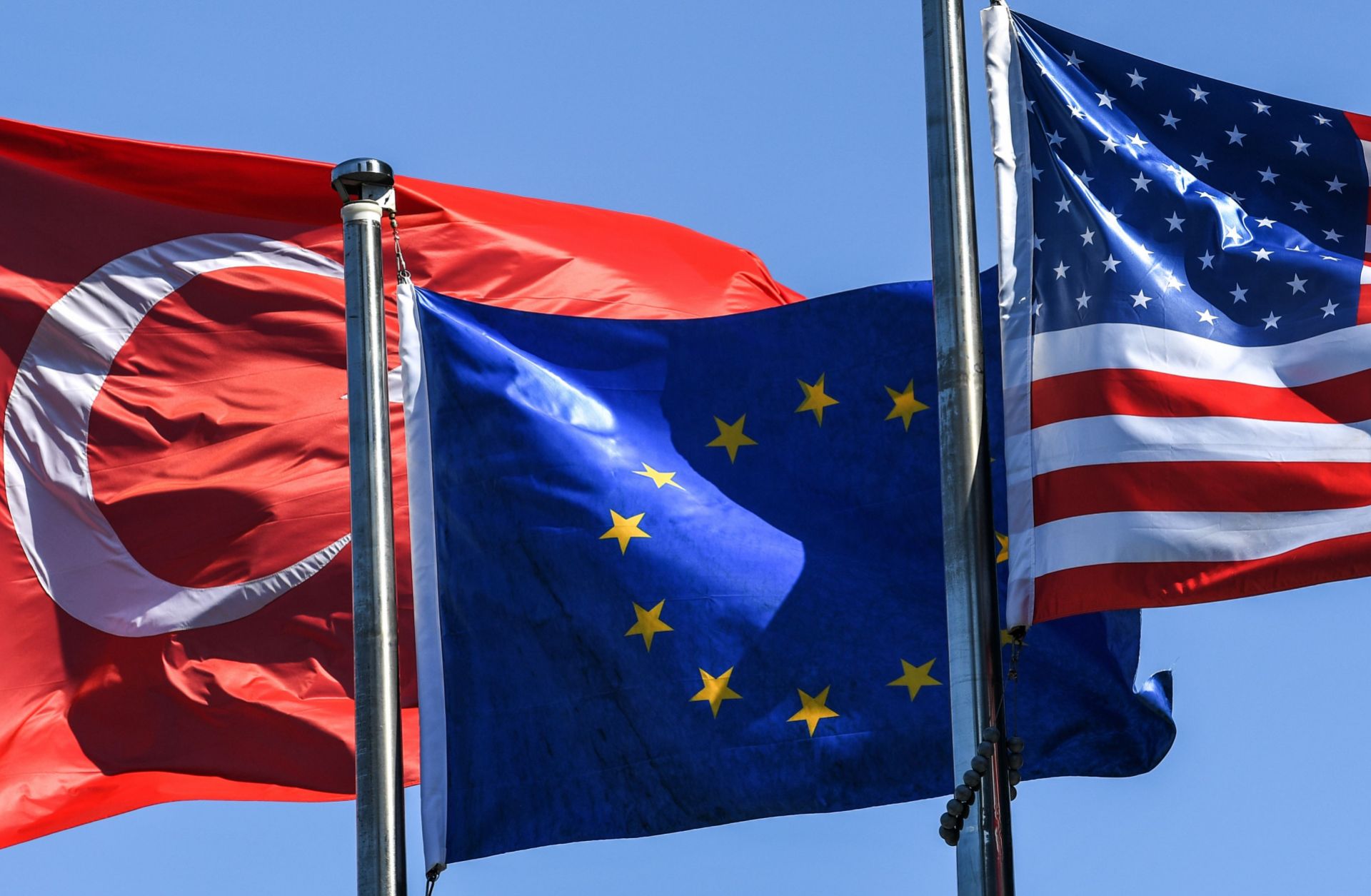
Following the attempted coup d’état since July 2016, Turkey has been pursuing a two-track strategy towards the European Union (EU). Mainly, because of the course of action adopted by President Erdoğan Administration concerning the treatment of the people allegedly linked with the coup, Turkey has had problematic relations with Brussels and as well as with the Member States.
Between March and December 2017, there had not been any visit at the presidential level to-, and from any European countries, even more so, the Turkish President was not invited to meet the EU leaders in Brussels. This was also due to the diplomatic crises which occurred with the Netherlands, Germany and Austria in the spring of 2017. In December 2017, President Erdoğan tried to overcome the problematic relations with Brussels by re-engaging bilaterally with a number of EU Member States such as Greece, France, Italy, the UK, and Germany.
On the one hand, the first track of President Erdoğan’s approach has been to meet heads of EU Member States individually and separately, on a constant basis. On the other hand, although relations with the EU are in a stalemate especially regarding the accession process for Turkey, the Union remains a strategic goal for Ankara. The Turkish President has thus expressed multiple times his hope and belief in a renewed momentum for the accession talks, although the possibility of a Turkish EU membership is currently far away from becoming reality.
The double strategy is thus, first, to keep the narrative alive regarding the EU accession process, in order to keep the latter as a seemingly concrete objective. Second, the Turkish government is seeking to improve and amend the relations with Brussels via improving its diplomatic ties bilaterally with those EU Member States that have had strains with Turkey, and who are also important from the economic perspective.



